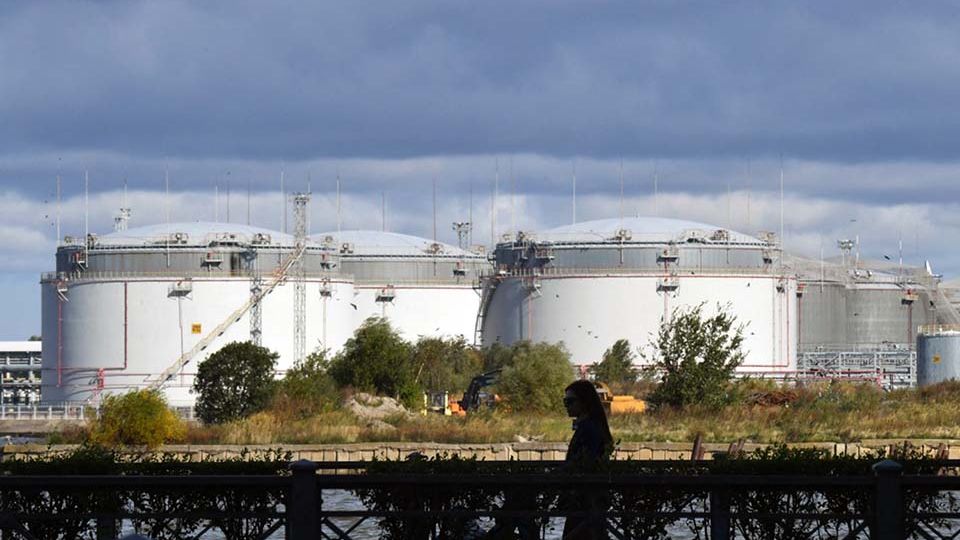October 22, 2025
NEW DELHI – India’s energy diplomacy has reached an inflection point. The steady rise of Russian oil in India’s import basket, once seen as smart economics, now carries heavier geopolitical baggage. What began as a pragmatic response to Western sanctions on Moscow has evolved into a high-stakes balancing act, one that tests India’s claim to strategic autonomy as well as its credibility on the global stage. The argument in Delhi is straightforward: India’s energy choices are guided by the welfare of its citizens.
As the world’s third-largest oil importer, India cannot afford to ignore discounted Russian crude that saves billions of dollars and helps contain fuel prices at home. Its refineries are calibrated for heavier grades such as Russia’s Urals blend, and replacing those barrels overnight would mean higher costs, complex reconfigurations, and ultimately, economic pain for ordinary consumers. In a volatile world energy market, Delhi’s reasoning is not misplaced. But that explanation, while valid, is not complete. Since the Ukraine war began in February 2022, India’s imports of Russian crude have risen manifold, turning Moscow into its single-largest supplier. The moral discomfort is unavoidable: a country that has consistently urged an end to the war is also among those helping sustain the revenue stream that keeps the Russian economy ~ and by extension, the war effort ~ afloat.
This contradiction has not gone unnoticed abroad. The United States has already imposed steep tariffs on Indian exports, and Britain has now sanctioned an Indian refiner for its links to the Russian oil trade. These moves may be unilateral and self-serving, but they underline how vulnerable India’s position has become to external scrutiny. It is also fair to acknowledge that not all the gains from discounted oil flow to Indian consumers. A substantial share is captured by private refiners and exporters, whose profits have soared on the back of global arbitrage. The government’s line about acting in the interest of the Indian consumer rings hollow when the savings from cheaper crude are not fully reflected at the pump. Transparency in how these benefits are distributed would strengthen Delhi’s case internationally and domestically alike. India must now reconcile pragmatism with principle. It cannot realistically abandon Russian oil overnight, but neither can it pretend that buying it comes without costs ~ financial, diplomatic, and moral.
The way forward lies in diversification and candour: gradually widening the supplier base, investing in refinery flexibility, and being open about the limits of neutrality in a world divided by war. For a rising global power, walking this line is not a weakness. It is a test of maturity ~ of knowing when to resist pressure and when to evolve policy before the pressure becomes untenable. The balance India seeks is indeed fragile, but in its very fragility lies the measure of its realism.


